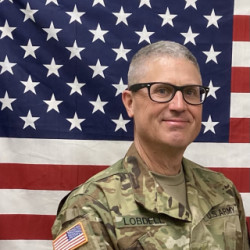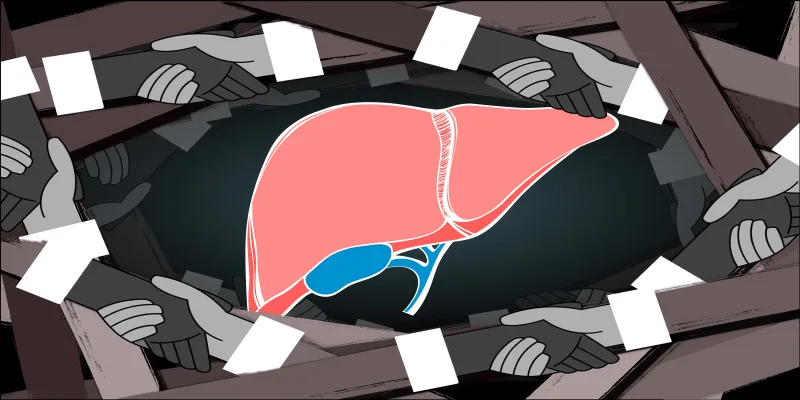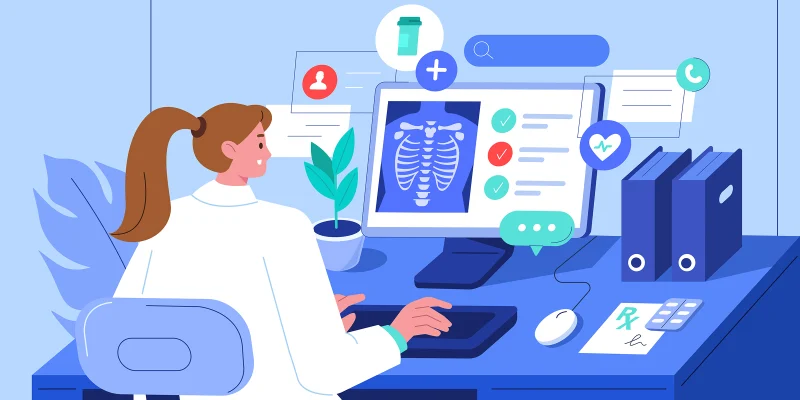The 2023 American Association for Thoracic Surgery (AATS) annual meeting in beautiful, sunny Los Angeles was another opportunity to forward the mission of “promoting scholarship, innovation, and leadership for thoracic and cardiovascular surgery.” This rich tradition dates back to 1912 and now includes 1,500 members from 42 countries and many more guests and industry leaders.
The area of focus in this review from the AATS 2023 highlights select leading technologies and processes to transform perioperative care from the session entitled “Better Monitoring with Technology.” As a technophile and second-year Doximity Digital Health Fellow, I view the potential of exponential technologies to improve the quality, safety, and value of health care as a once-in-a-century opportunity.
The first two presentations stemmed from the Perfect Care initiative for adult cardiac surgery patients (funded by The Duke Endowment) that we developed and implemented at Advocate Health’s Sanger Heart & Vascular Institute in Charlotte, NC and spread to WakeMed in Raleigh. Perfect Care includes a digital health kit and application for appointment scheduling, tracking biometric data, patient-reported outcomes (PRO), audiovisual visits, and messaging. I related Sanger’s 34-month experience, which began in July 2019, with 649 patients, which demonstrated a 19.4% decrease in postoperative length of stay and a 37% reduction in the composite of 30-day readmission + mortality compared to contemporaneous, matched controls. Dr. Judson Williams related the WakeMed experience piloting “Perfect Care” with 57 patients over a nine-month period where none of the remotely monitored patients were readmitted within 30 days! This experience suggests feasibility, desirability, and scalability.
Dr. Jorind Beqair subsequently related the experience from the Massachusetts General Hospital with wearable fitness trackers on patients after cardiothoracic surgery and machine learning to predict postoperative complications. Remarkably, the one-year, 139-patient pilot study suggests that machine learning analysis of resting heart rate identified 88% of complications a mean of four days before symptom onset.
Jacob Hurd, from Mass General Brigham, shared the 457 patient, multi-institutional experience with an “Electronic Symptom Management System to Monitor Post-Operative Pain in Thoracic Surgery Patients.” The researchers demonstrated the feasibility of implementing an electronic PRO system for real-time pain monitoring.
Marijana Zubrinic related Toronto’s University Health Network experience with in-hospital remote monitoring of 2,087 patients monitored over two years at five hospitals. They detected 54,716 safety events requiring intervention. Of that, 46,289 patients required escalation to nursing staff, while 8,427 safety concerns were managed remotely without nursing intervention. Patients, their families, and nursing staff expressed high degrees of satisfaction with the processes and technology. Importantly, falls, interruption of supplemental oxygen, and other adverse events, including codes, and mortality decreased.
Finally, Dr. Frank Gleason from the University of Alabama shared their experience with PRO technology over a 20-month period with 703 patients. The research suggests that the technology was effective for collecting PROs in thoracic surgical patients, and compliance was affected by gender, race, and health literacy.
In summary, at the “Better Monitoring with Technology” session at the 103rd Annual AATS meeting, we witnessed the burgeoning interest, feasibility, and profound impact of technology intelligently employed to support patient engagement, institutional learning, and improvement, while enhancing recovery after cardiac and thoracic surgery. We also heard about the successful, real-world application of artificial intelligence to predict complications after cardiothoracic surgery. We live in exciting times!
Dr. Lobdell has received grants for Perfect Care and LEAD Health from The Duke Endowment, has received consulting fees from Abiomed, Alexion, Medela, Medtronic, & Renibus Therapeutics. He has received participation fees from Medtronic Inc.
Image by GoodStudio / Shutterstock







